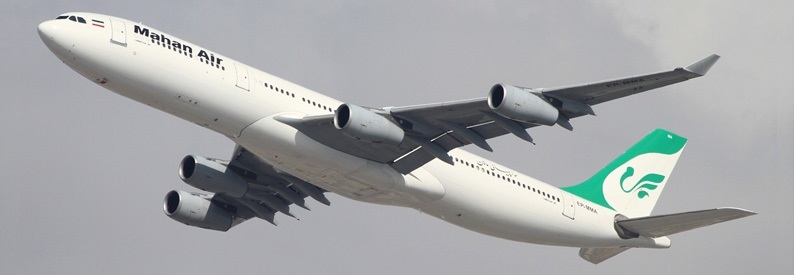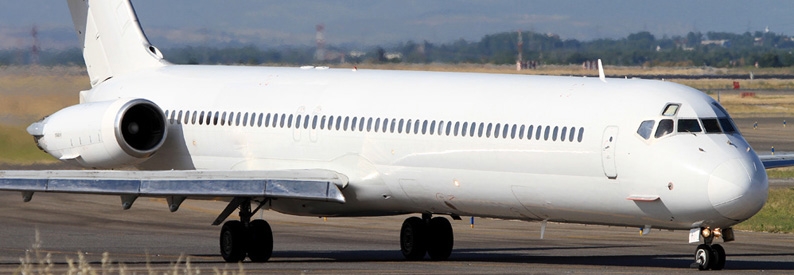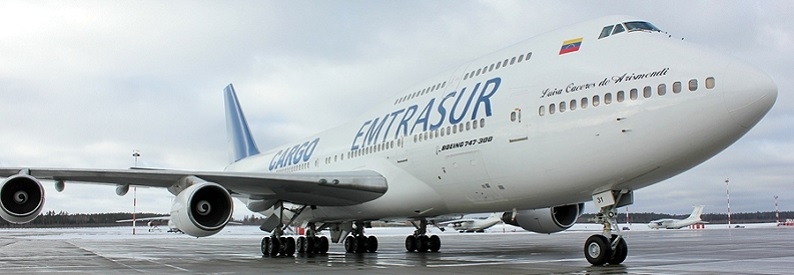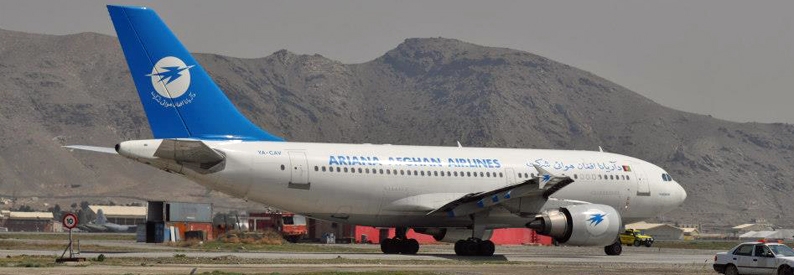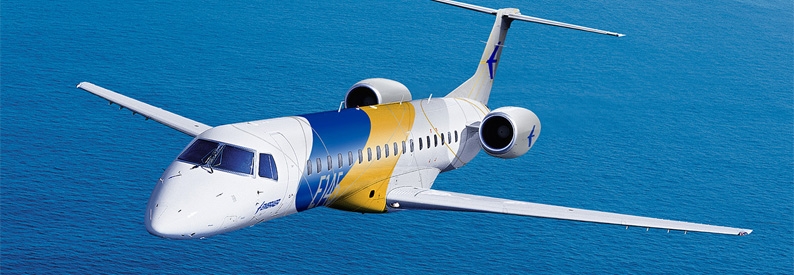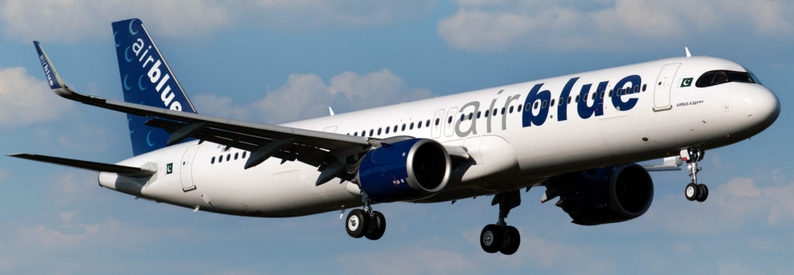The US Department of the Treasury's Office of Foreign Assets Control (OFAC) has sanctioned three of Mahan Air's General Sales Agents (GSA) - two in Dubai and one in Hong Kong - and threatened secondary sanctions on anyone dealing with the carrier's aircraft.
The enforcement office said in a statement it had now sanctioned two Dubai-based GSAs - Gatewick LLC and Jahan Destination Travel & Tourism LLC - as well as Hong Kong's Gomei Air Services Co., Ltd. The last company also operates in Shenzhen and Guangzhou.
All three firms have been sanctioned for "having acted on or purported to act for or on behalf of, directly or indirectly, Mahan Air".
In addition, OFAC clarified that any firm handling any aircraft operated by Mahan Air could be subject to US secondary sanctions.
Overall, OFAC's list of sanctioned Mahan Air aircraft stands at twenty-one A300s (twenty -B4s and one -B2), eleven A310-300s, four A340-300s, six A340-600s, one A320-200, three B747-400s, one B747-300, five ARJ-100s, four ARJ-85s, seven BAe 146-300s, one BAe 146-200, one A320-200, and one A321-100.
OFAC first sanctioned Mahan Air in 2011, alleging that the carrier had supported Iran's Islamic Revolutionary Guards Corps-Qods Force (IRGC-QF) by ferrying its operatives, weapons, equipment, and funds abroad in support of the IRGC-QF's regional operations. It also alleges that Mahan Air has also moved weapons and personnel for Hizballah, a Shia Islamist political party and militant group based in Lebanon that enjoys Iranian backing, and for the al-Assad regime in Syria.
Since early 2018, OFAC has designated 13 entities (including the three newly-sanctioned GSAs) that have provided support to Mahan Air, including front companies procuring spare aircraft parts and GSAs in Malaysia, Thailand, and Armenia.
Over the last few months, the US has been ramping up pressure on airports, handlers, and other firms in Europe and Asia to cease providing services to Mahan Air, as well as to other carriers from Iran, including IranAir (IR, Tehran Mehrabad). In July, OFAC issued an explicit warning that such dealings could lead to secondary sanctions.

